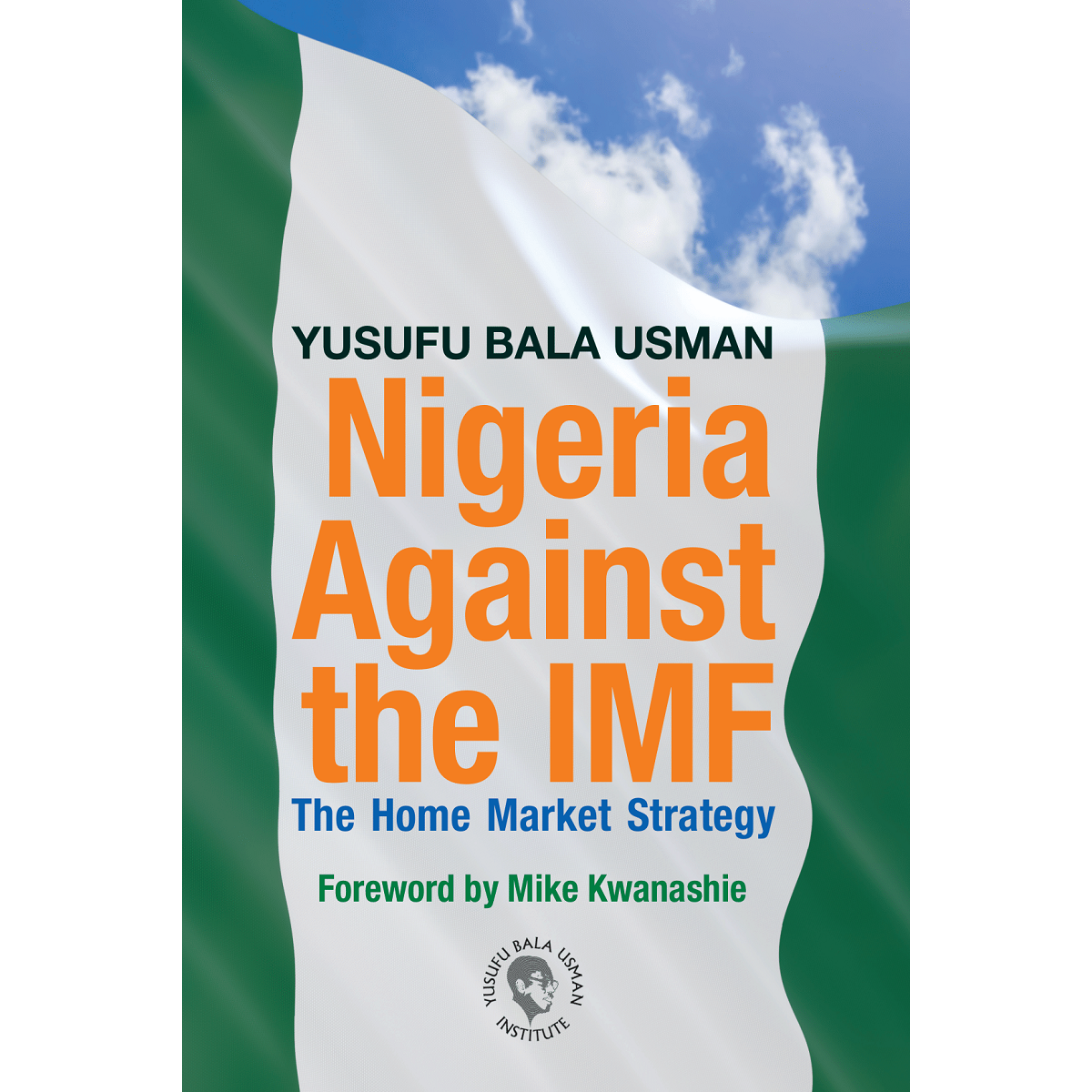Description
Thirty-years after Yusufu Bala Usman published the book Nigeria Against the IMF: The Home Market Strategy, the analysis and conclusions of the book have remained so relevant to the current situation in Nigeria. Forty years after the World Bank/IMF influence on policy came to the forefront, the country is still struggling with the same challenges. The adoption of IMF conditionalities has not transformed the lives of most of the Nigerian people. Nigeria is today almost at the bottom of the world poverty index despite its massive natural resources and the ingenuity of her people. Fully enmeshed in the neo-liberal paradigm which the World Bank/IMF and other international lending agencies virtually imposed on the country in the 1980s, the economic condition of a large segment of Nigerians remains untouched by economic progress, not much better than when the book was first published. ‘The failure of the current structure to bring a substantial number of people out of poverty is inherent in the system. The continued marginalization of the Nigerian people is a direct result of the nature and structure of the Nigerian economy incorporated into a globalization process in which it has remained uncompetitive. Western-style capitalism has not created the wealth for the majority of Nigerians as its proponents have always insisted that it could. There are alternatives and Nigeria should interrogate them.’







